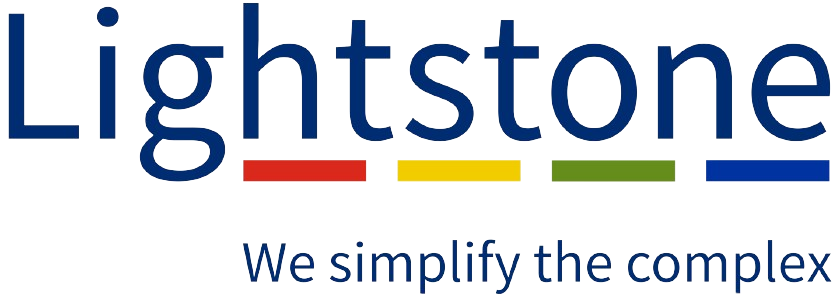Just more than two thirds (69%) of households in Mpumalanga live in informal settlements with the balance (31%) living in properties registered at the Deeds Office. 84% of all the province’s people live in urban areas, which is one of the highest in the country.
Mpumalanga is home to 4.7 million people (3.1 million adults) who live in 1.3 million households. There are 394 000 formally registered properties spread across 17 municipalities and 64 towns.
Population growth from 2011 to 2022 was on par with the national average of 17%.
Although non-urban areas do have houses in high-value estates – as the highest income band in the table below indicates – they are mostly home to poorer communities.
Poorer people dominate Non-Urban areas... other upmarket estates on the upper end

Mining and agriculture underpin Mpumalanga’s economy
Mpumalanga’s economy is built around:
- Mining and energy – the province is rich in coal reserves and produces about 80% of the country’s coal, contributes more than 20% to the provincial GDP and employs 7% of working people. 11 of Eskom’s 13 coalfired power stations are in Mpumalanga.
- Agriculture and agro-processing – Mpumalanga is a productive agricultural region, with the Lowveld being the second largest producer of citrus fruit and the Highveld producing more than half of South Africa’s bean crop. Around 14% of the area is grazing land used in beef, button, poultry, dairy and wool production.
- Manufacturing and beneficiation – accounts for 15% of the province’s GDP.
- Tourism – the province was the third most visited by foreign visitors in 2020, and tourism spend topped R20 billion in 2021.
Highest volume of formally registered properties in Emalahleni, greater value (and most sales) in Mbombela
The 10 biggest towns in terms of formally registered properties (see graph to right) account for 50% of the province’s properties, and on average towns have less than 5 000 formally registered properties.
In terms of formally registered homes, Emalahleni (a Nguni name meaning place of coal, formerly Witbank), is the largest with 52 000, followed by Middelburg (34 000) and Mbombela (formerly Nelspruit) (19 000). Mbombela, however, has the highest average property values, followed by Secunda, built amongst the province’s coal fields.
Towns with the most formally registered properties

Average property value

More than a quarter (5 000) of Mbombela’s 19 000 properties are valued at more than R2 million, and there are smaller towns which compare favourably – in Hazyview, for example, (see graph Small towns with highest average property values) one out of five properties exceeds R2 million in value.

Small towns with highest average property values


Property sales and mall activity
Mbombela recorded the most sales of properties above R500 000 in value in 2022 – in fact, 6% of stock in Nelspruit, Secunda and White River transacted in 2022, compared to just 2% in Emalahleni, Middelburg and Ermelo.
However, only 7% of the formal deeds-registered properties within Mbombela’s town boundaries are in townships, compared to more than a third in Emahahleni, Middleburg and Ermelo. Bushbuckridge, Nkomazi and City of Mbombela in the north-east of the province account for 44% of all “unhoused households”.
Mbombela’s busy property sales levels are mirrored in shopping mall activity, with an estimated 740 000 customer visits in April 2022, with Nelspruit Crossing attracting 4 700 a day or 141 000 in total.
Emalahleni was next at 540 000 (the Highveld Mall in Emalahleni was the busiest with an estimated 4 800 visitors a day during April, accounting for 144 000 or 37% of mall visitors in the town), followed by Middelburg with 300 000 (Middelburg Mall at 4 400 a day) and Secunda with 260 000 (Secunda Regional Mall at 4 700 a day).
Egoli trumps coal in household income table
As might be expected, Mpumalanga is poorer than western neighbour Gauteng, with 77% of households living on an income of less than R12 000 (compared to 55% in Gauteng).
Mpumalanga has a larger percentage than Gauteng with household income under R12k

Mpumalanga metro municipalities and population numbers


